Many ‘provide’ Neurotherapy services, but few ‘practice’ Neurotherapy itself.
Neurotherapy is in a class of its own as a therapeutic method falling under the umbrella / purview of Psychology and Applied Neuroscience. Like many current health / mental health & wellness services, Neurotherapy involves a delicate blend of technology (equipment) and practitioner skill.
See Our Qualifications
Unlike many technology-based services, Neurotherapy has been around for quite a while, but only recently are some equipment manufacturers and service providers proclaiming that Neurotherapy is automated to a degree that ‘the technology does it for you’ minimizing the role, and the qualifications, of the provider.
Power goes both ways.
We feel there is an explicit danger in placing your mental and physical health, … your brain, … your person, in the ‘hands’ of those not sufficiently trained or otherwise educated in the methods of EEG Neurotherapy. We feel it is not only wise, but critical for service providers to understand the operating principles of EEG (operating principles of the brain itself), not only the principles of a program, when working with such a refined, yet delicate, instrument as the brain.
We Are Not Alone
Loss and reinstatement of the profession by APA (American Psychological Association)
In 2017 a massive effort was launched by the AAPB BOD (Association of Applied Physiology and Biofeedback Board of Directors), to counter rising confusion stemming from the inundation of both ‘non-professionals’ and unqualified (untrained) professionals in the field. The effort included submitting an application to the American Psychological Association (APA) to have Biofeedback and Applied Psychophysiology (Neurotherapy / Biofeedback) reinstated and recognized as a specific proficiency in professional psychology.
Dr Mari Swingle was heavily involved, writing both the equipment and practitioner standards to (re)quantify the profession itself as well as the those practicing. To this end she developed a three-tiered classification system outlining the practice qualifications of persons (service providers) as well as the tools (equipment) of our trade. This classification system, along with a comprehensive document clearly outlining the established record of our field, resulted in Specific Proficiency Status being granted by the APA for the period 2019–2026.
You may wish to reference this therapist / technician as well as equipment / technology classification system when seeking and thereafter selecting a service provider.

